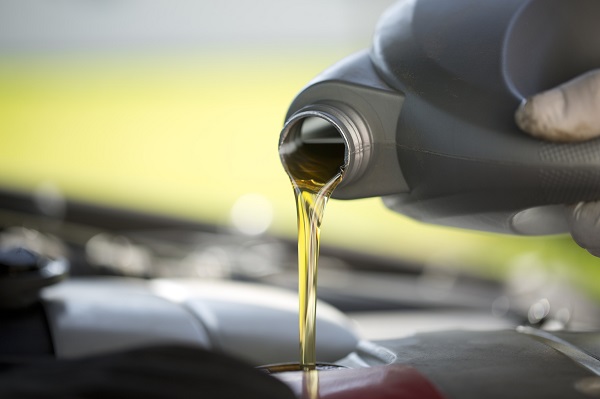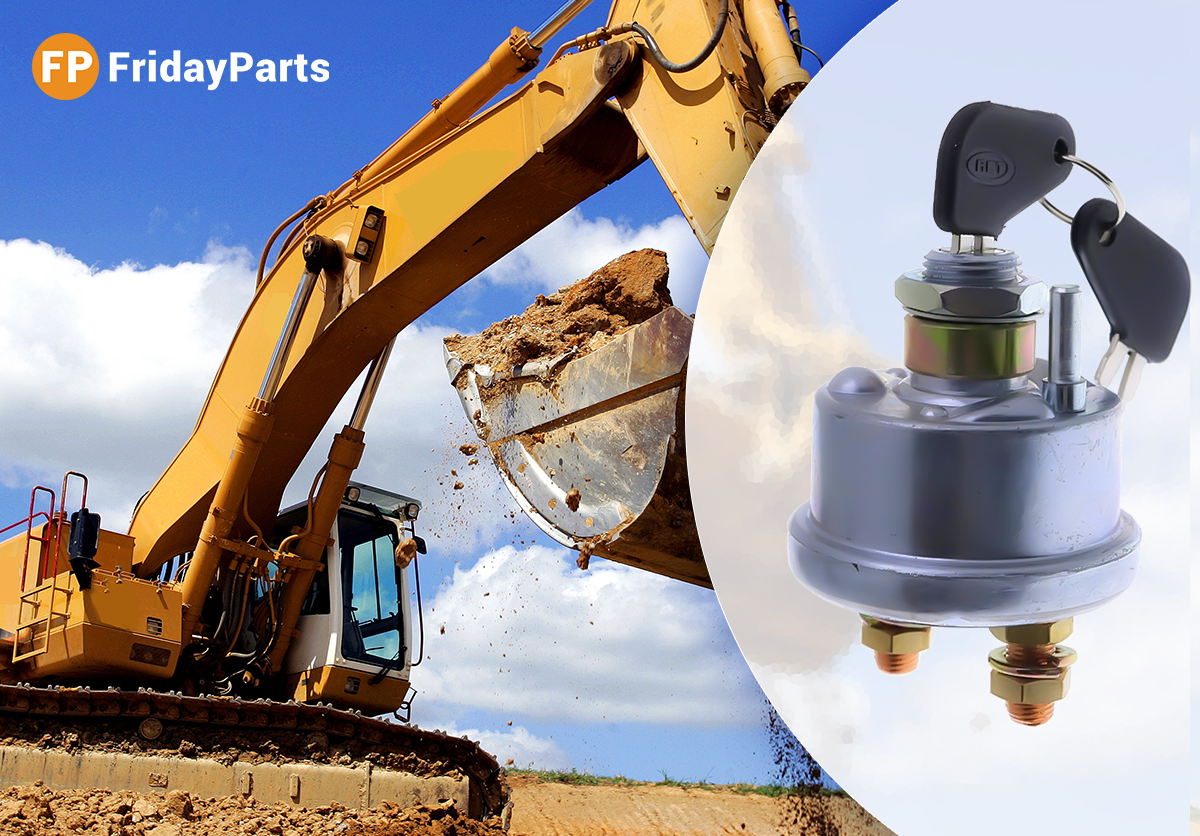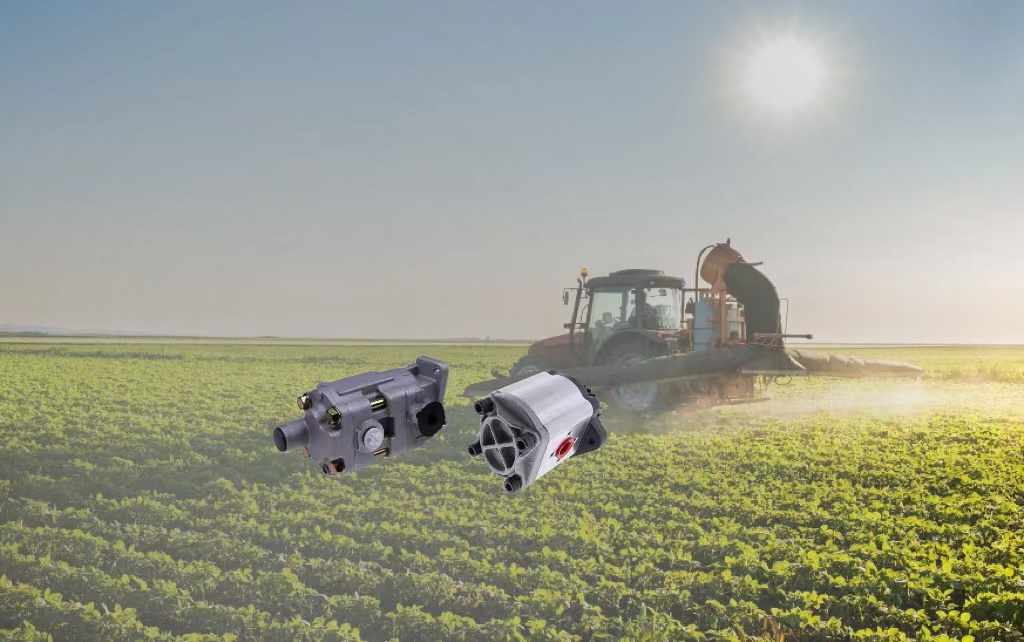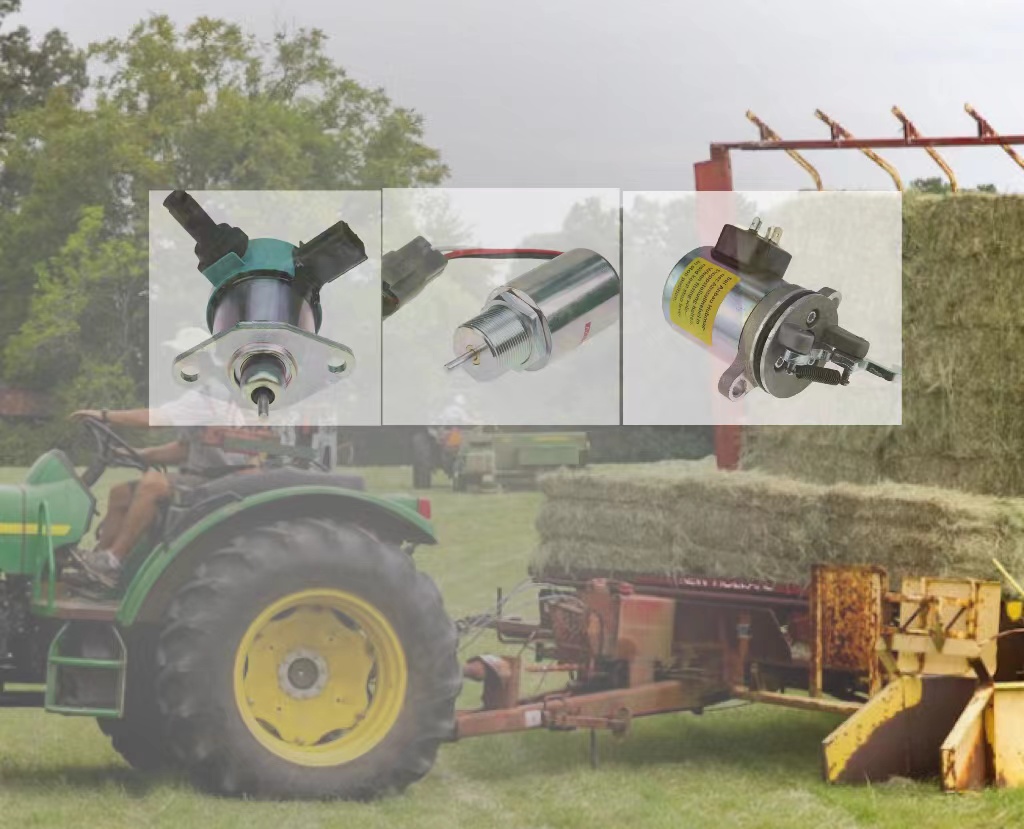When it comes to changing or adding hydraulic fluid to an excavator, it is crucial to know hydraulic fluid, and it’s hard to imagine the consequences of using the wrong hydraulic oil. But by reading this blog, you can gain a comprehensive understanding of excavator hydraulic fluid, including its basics, types, functions, differences, and how to choose the right one. So without further ado, let’s explore right away.
What is hydraulic fluid?
Hydraulic oil for excavators consists of mineral oil and other additives, such as organic silicon-based and ethylene glycol-based additives. These additives improve lubrication performance and enhance moisture control. Hydraulic oil is used to transmit pressure and operate hydraulic components like cylinders and motors in the hydraulic system. It provides functions such as lubrication, heat transfer, and sealing. Hydraulic oil plays a crucial role in ensuring the hydraulic system’s normal operation, efficient performance, and reliability.
Functions of hydraulic oil
Hydraulic oil functions as a working medium in the excavator’s drive system, powering the hydraulic track motors for forward and backward movement. It also enables 360-degree rotation through the hydraulic swing motor. Additionally, hydraulic oil operates the excavator’s boom, arm, and bucket, facilitating various working actions using hydraulic cylinders connected to the main hydraulic circuit.
Apart from power transmission and operation, hydraulic oil lubricates the system, reducing friction and wear between moving parts to extend their lifespan and improve efficiency. It creates seals to prevent leakage, and provides cushioning to control the speed and force of hydraulic cylinder movements smoothly. Furthermore, it absorbs and dissipates heat generated within the hydraulic system, maintaining a suitable working temperature range to prevent overheating, and adverse effects on system performance and component longevity.

Image source: krishnaautoelectric
Excavator Hydraulic fluid types
Choosing the right type of excavator hydraulic fluid is crucial for the normal operation and reliability of excavators. Different types of hydraulic oils have distinct characteristics and advantages, providing functions such as lubrication, protection, and performance enhancement to ensure the efficient operation of the hydraulic system.
Mineral oil
The most common type, derived from petroleum products. It offers excellent lubrication for machinery but may be prone to oxidation and viscosity decrease. Mineral oil has the widest applicability and accounts for more than 85% of the total hydraulic oil usage. It provides enhanced rust, corrosion, and foam protection in humid working environments.
Synthetic oil
Synthetic oil, made from synthetic chemicals, has a longer lifespan and superior lubrication performance. It is an ideal choice for machinery operating under extreme temperatures or high pressures. Its drawbacks include potential higher cost than mineral oil, toxicity, and incompatibility with certain sealing materials.
Water-based hydraulic oil
Water-based hydraulic oil is formulated with water as a base fluid instead of petroleum products. It is typically used in environments with a high risk of fire. Due to the water-based nature, these oils generally do not possess good performance in terms of lubrication, corrosion inhibition, and sealing. To improve their performance, a certain proportion of oil is added as an emulsion. The downside is that water-based fluids are more expensive than petroleum-based fluids but generally cheaper than synthetic materials. They can freeze at low temperatures or boil at high temperatures.
Fire-resistant fluids
Fire-resistant fluids are specially designed hydraulic media to prevent fires in extreme conditions. These fluids typically consist of a combination of water, ethylene glycol, and polyol esters, with formulations that help prevent ignition and provide higher safety.
Biodegradable hydraulic oil (effective substitute for mineral oil)
Usually natural and non-toxic, biodegradable hydraulic oils are environmentally friendly as their components generally come from raw plants such as soybean, rapeseed, and sunflower seeds. They exhibit excellent high viscosity index, lubrication, oxidation resistance, rust prevention, and anti-wear properties.
What to look for when buying hydraulic fluid?
In addition to the type, you need to consider the following factors:
Correct viscosity
The viscosity of hydraulic oil refers to its flow resistance or thickness and is closely related to temperature changes. For example, viscosity increases with decreasing temperature and vice versa. Choosing the correct viscosity is crucial for lubricating internal components and maintaining effective thickness at low temperatures.
Density of excavator hydraulic fluid
This affects the mass and volume of the liquid in the hydraulic system, thereby influencing the working pressure and flow rate of the system. Accurate measurement of density is essential for performance assessment and maintenance of hydraulic systems. As a core characteristic of hydraulic oil, higher density oils can suspend and remove contaminants, enhancing contamination control in the hydraulic system.
The density of hydraulic oil typically ranges from approximately 800 kg/m³ to 1000 kg/m³. For example, common mineral oil hydraulic oils usually have densities ranging from 850 kg/m³ to 900 kg/m³. The density of synthetic hydraulic oils depends on their specific composition and manufacturing process.
Anti-wear performance
Hydraulic oil contains additives that enhance its performance. Common anti-wear additives include phosphates, sulfides, phosphates, and zinc compounds. These additives can form a protective film on metal surfaces, reducing direct metal-to-metal contact and minimizing wear and friction.
Thermal stability of hydraulic oil
Hydraulic systems often operate at elevated temperatures, and hydraulic oil needs to withstand these high-temperature environments without premature degradation, oxidation, or the formation of deposits. Otherwise, it can compromise the stability of the oil. That’s why you should look for hydraulic oil with good thermal stability.
What about the use life of hydraulic oil?
It depends on various factors such as time, overall operating temperature, oil quality, and working environment. However, regular maintenance can extend its lifespan. The safest and most logical approach is to adhere to the intervals listed in the manufacturer’s machine manual. In general, working under reasonable conditions, using high-quality hydraulic oil, and performing proper maintenance and upkeep can help prolong the lifespan, also it can improve the reliability and performance of the hydraulic system.
The differences between hydraulic oil and engine oil for motor vehicles lie in their purposes, chemical compositions, and performance requirements. Additionally, hydraulic oil serves different purposes in various applications, including power transmission in hydraulic machinery, lubrication, noise reduction, and engine cooling.
Engine oil contains various additives designed to combat contaminants produced during the combustion process. These additives provide additional protection and performance to suit the engine’s operating environment. While many engine oils may have some lubricating properties in basic hydraulic applications, they generally cannot provide the comprehensive protection required by engines.
It is important to select the appropriate oil based on specific application areas and equipment requirements to ensure proper operation and optimal performance.
How to identify excavator hydraulic fluid deterioration?
To identify deterioration in hydraulic oil, you can consider the following indicators:
Appearance
Take a small sample of hydraulic oil from the hydraulic pump. If you observe a milky or cloudy appearance, sometimes resembling yellowish milk, it indicates that the hydraulic oil has become contaminated with water and has emulsified. It needs to be replaced promptly.
Tactile evaluation
Rub the hydraulic oil between your thumb and fingers. Good hydraulic oil should be smooth and frictionless. If you feel large particles or a loss of viscosity while rubbing the oil between your fingers, it is time to replace the hydraulic oil.
Filtration test
Retrieve a small sample of hydraulic oil from the oil tank and filter it using a piece of filter paper. If you notice black residue on the filter paper with a pungent odor, it indicates that the oil has undergone oxidation and deterioration.
Sediment analysis
Extract a portion of the sediment from the bottom of the oil tank. If you find a significant amount of asphalt and gel-like sediment and feel high adhesion when kneading it between your fingers, it suggests that the oil has oxidized and deteriorated.
Takeaway
Regardless of what you use or if you are looking for alternative excavator hydraulic fluid, you can find inspiration here. Consulting manuals and seeking advice from professionals is a wise choice to ensure they meet your system’s requirements and do not cause any harm or damage. If you intend to attempt hydraulic oil replacement in your excavator, please refer to this guide: How to Add Hydraulic Fluid to Excavator (Beginner Recommended).







Leave A Comment